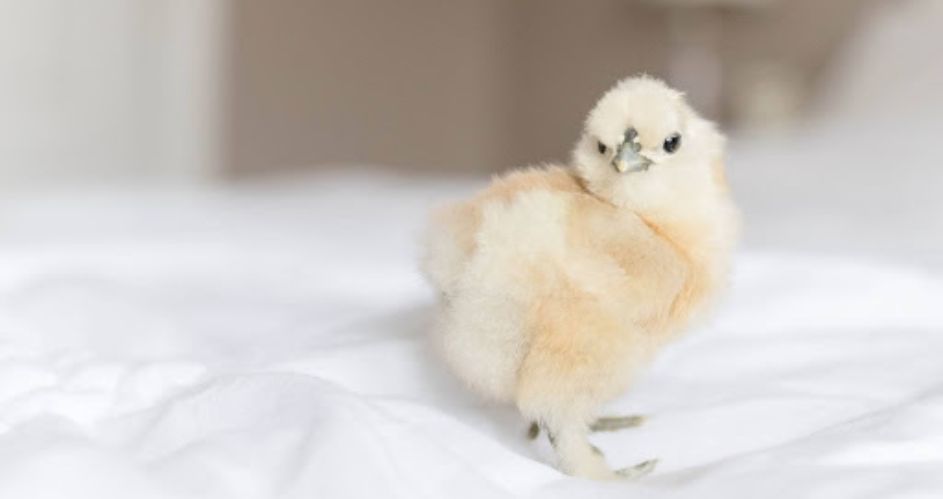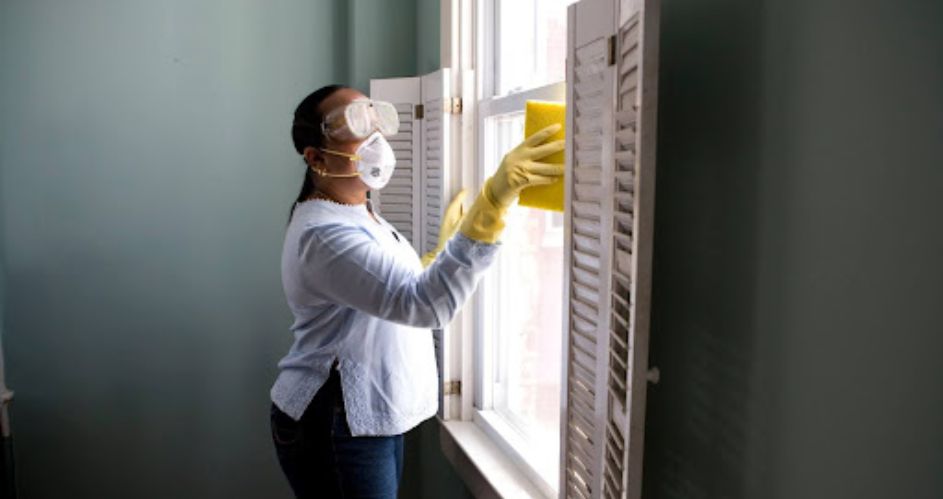
Raising poultry within the vicinity of your home is convenient. However, it is not without downsides. Animals and birds, despite being domesticated, are still known to harbor diseases that could be detrimental to humans.
In the case of these friendly fowl, diseases like bird flu and bacteria like E. coli can make people sick. Fortunately, man and bird can thrive in proximity to each other through proper sanitation and hygiene practices.
This article will go into detail about the different ways you can have a clean home and raise a healthy flock.
Coop Maintenance for Optimal Health
Some of the most notable avian diseases that affect humans come from fecal matter. This is the biggest reason why maintaining a clean and sanitized chicken coop is paramount for the well-being of both you and your feathered friends.
Cleaning the chicken house and its surroundings regularly prevents diseases and ensures a healthy coop environment. Implement proper waste disposal methods to minimize the risk of contamination.
Don’t allow dirty water to pool and turn the ground muddy, as these could be a breeding ground for all sorts of pests, such as mud wasps.
Ventilation is another key factor in preventing the buildup of harmful pathogens. So, make sure fresh air can circulate inside the coop, too.
Quarantine Measures
When introducing new members to your flock, biosecurity measures become crucial. As Purina Mills outlines, implement quarantine protocols to safeguard the existing residents.
Following the advice from The Chicken Chick and Murano Chicken Farm, monitoring and controlling pests and diseases during this period is essential. These steps protect the newcomers’ health and maintain your coop’s overall integrity.
Balanced Feeding
Nutrition is the cornerstone of poultry health, so make sure to give your flock a balanced diet. Provide essential vitamins and minerals in the form of sustainable and eco-friendly feed options. ensuring they receive a well-rounded nutritional intake.
By addressing cleanliness, biosecurity, and nutrition, you’re actively promoting a healthy coop for your cherished flock.
Creating a Healthy Household Environment
When you run a homestead or simply like to raise chickens as a hobby, it can be chaos outside. Amidst all that activity, you’ll surely want to have the inside of your home as tidy and serene as possible.
Here are two areas to focus on to achieve that ideal indoor environment.
Indoor Air Quality
Indoor air quality is a key player in maintaining a clean and relaxing home. Indoor pollutants like dust, pet dander, and volatile organic compounds (VOCs) can lead to respiratory issues.
Prevent a potential health issue by regularly opening windows and using fans to ensure sufficient air circulation. Additionally, bring in more houseplants as these are nature’s air purifiers, absorbing pollutants and releasing fresh oxygen.
Safe Cleaning Practices
Maintaining a healthy environment extends to your cleaning routine. Opt for eco-friendly cleaning products to minimize the use of harmful chemicals. Choosing non-toxic options is not only beneficial for your health but also for the environment.
Safeguard your household further by properly storing and disposing of chemical cleaners.
Take a step toward sustainability with DIY natural cleaning solutions—simple mixtures of vinegar, baking soda, and essential oils can tackle various cleaning needs without compromising your health or the well-being of your pet chickens.
Integrating Sustainability Practices
Sustainability practices when it comes to cleaning your home’s indoor and outdoor areas offer many advantages. You are maintaining your house and yard without exposing yourself and your chickens to harmful chemicals. And helping take care of the environment while you’re at it!
Sustainable Coop Management
Reduce waste by repurposing chicken litter as a valuable resource for your garden, providing nutrient-rich compost for plants. Opt for eco-friendly coop building materials and design to ensure a space that aligns with green principles.
Consider utilizing solar or battery-powered automatic coop doors to harness renewable energy. Do the same to provide heating during winter months so your Oliver Egger chickens don’t freeze. These changes will make your backyard coop more energy-efficient and environmentally friendly.
Green Living in the Household
Conserve energy inside the home by turning off lights and appliances when not in use. Embrace recycling and waste reduction by following local guidelines and finding creative ways to repurpose items.
Avoid wasting water by finding and fixing leaks promptly and incorporating water-saving devices to reduce your overall water consumption.
By seamlessly integrating these sustainability practices into both your chicken coop management and household routines, you not only contribute to a healthier environment but also create a harmonious space for your chickens and family.
A Recap
Maintaining a healthy chicken coop and household is all about preventing diseases, ensuring proper nutrition, and adopting sustainable practices.
A clean and sanitized chicken coop keeps harmful pathogens at bay. Regular cleaning, proper waste disposal, and adequate ventilation are highlighted as crucial factors in maintaining a healthy coop environment.
The article stresses the importance of implementing quarantine measures when introducing new birds to the flock to prevent the spread of diseases and maintain the overall integrity of the coop.
Balanced feeding is highlighted as a cornerstone of poultry health. Provide a well-rounded diet with essential vitamins and minerals to ensure the flock’s optimal health.
For the household, indoor air quality is deemed important. As are safe cleaning practices.
Lastly, the article advocates for sustainability practices in both coop management and household routines. It suggests repurposing chicken litter for garden compost, using eco-friendly coop building materials, and implementing renewable energy sources such as solar or battery-powered coop doors.
The importance of energy conservation, recycling, and water-saving measures in the household is also highlighted, emphasizing the overall contribution to a healthier environment and a harmonious space for both chickens and the family.
Share Your Own Tips!
Are you part of a household that has embraced sustainable living? What are your top tips for raising healthy chicks while maintaining a clean house? Let us and our readers know!

